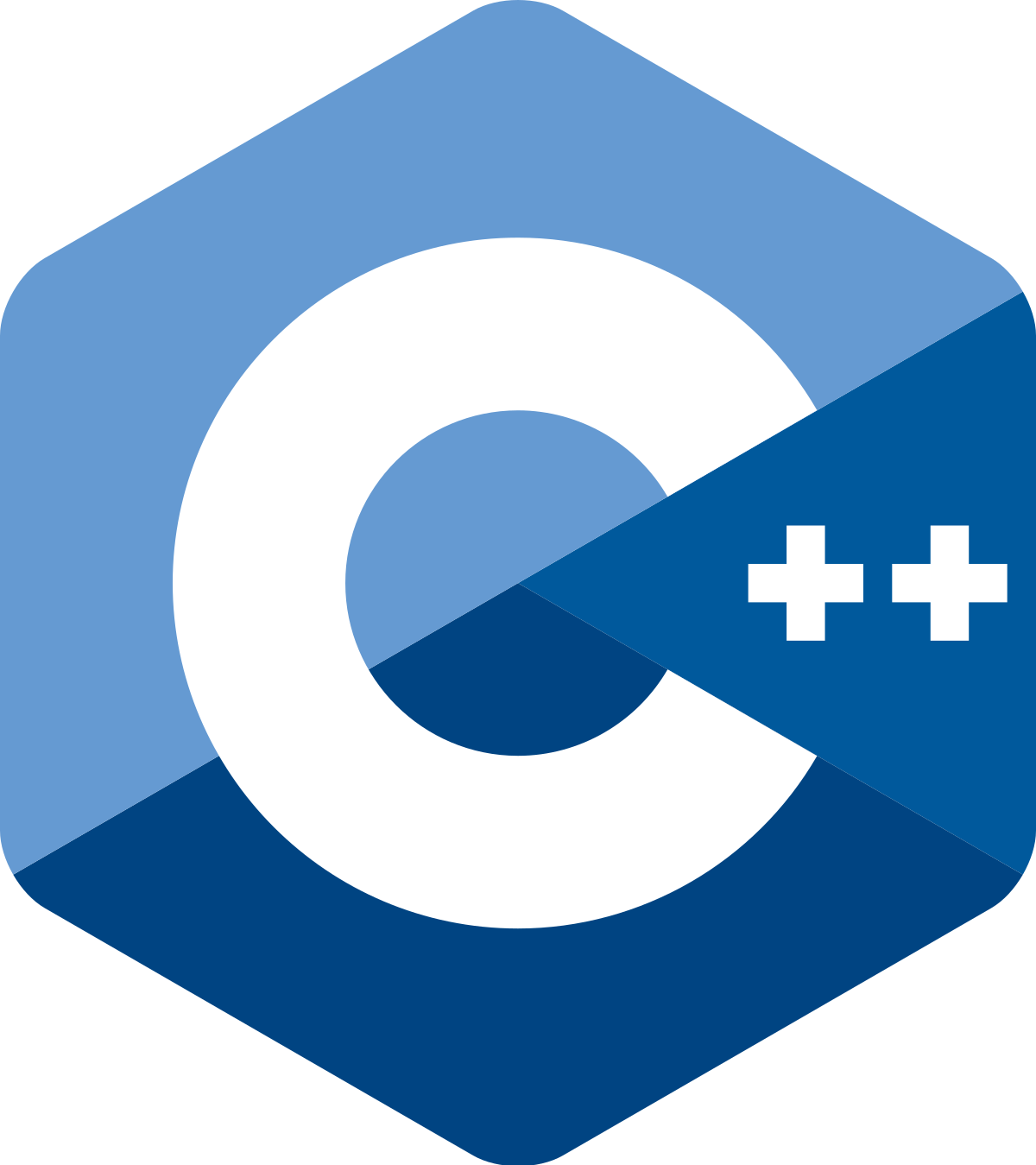Use Better Algorithms
The biggest bang for the optimization buck comes from choosing an optimal algorithm. Optimization efforts can improve the performance of a program in a dramatic fashion. They can put zip into code that seemed sluggish before, just as upgrading your PC makes applications run faster. Unfortunately, just like upgrading your PC, most optimizations improve performance by at most a constant factor. Many optimization efforts give an improvement of 30%–100%. If you are lucky, you might triple your performance. But a quantum leap in performance is unlikely—unless you can locate a more efficient algorithm.
It is foolish to struggle heroically to optimize a bad algorithm. Learning and using optimal algorithms for searching and sorting is a broad path to optimal code. An inefficient search or sort routine can completely dominate the running time of a program. Code tweaking cuts run time by a constant factor. Switching to a more optimal algorithm can cut run time by a factor that grows bigger the bigger your data set is. Even on small data sets of a dozen items an optimal search or sort can save a bunch of time if the data is searched frequently.

